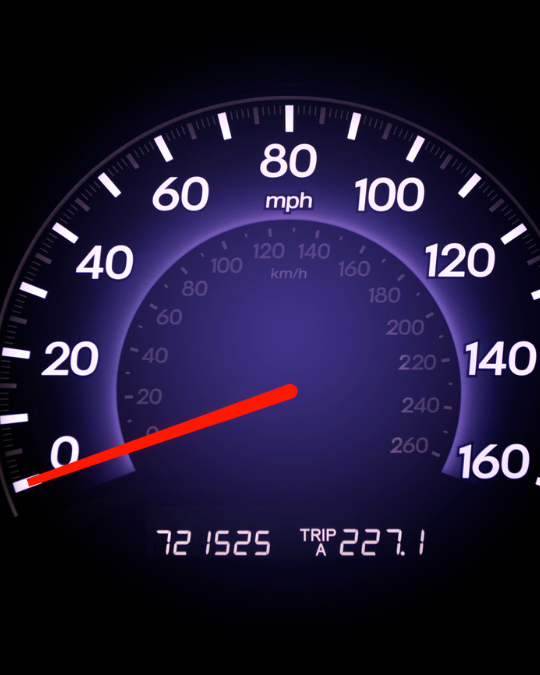
The Importance of Auto Logs for CRA Reporting
If you use your vehicle for business purposes, keeping a proper auto log isn’t just a good idea — it’s a requirement from the Canada Revenue Agency (CRA). Whether you’re a small business owner, self-employed professional, or corporate employee claiming mileage, maintaining detailed vehicle records can make the difference between a smooth tax filing and a stressful CRA audit.
Here’s what you need to know about auto logs, what to include, and how to stay compliant with CRA standards.
Why Auto Logs Matter
The CRA allows you to deduct vehicle expenses that are directly related to earning business income. This includes gas, maintenance, insurance, registration fees, lease payments, and depreciation (capital cost allowance).
However, you can only claim the portion of expenses that apply to business use — and the CRA requires solid proof of that. Your auto log is that proof.
Without a complete logbook, the CRA may disallow all or part of your vehicle claim. Even a good-faith estimate or credit card statement isn’t enough. The CRA expects an accurate record that clearly distinguishes business kilometres from personal use.
What to Include in Your Auto Log
An acceptable vehicle logbook includes the following details for each trip:
- Date of the trip
- Destination (from and to)
- Purpose of the trip (e.g., meeting a client, delivering supplies)
- Odometer reading at the start and end of the trip
- Total kilometres driven
At the beginning and end of each calendar year, you should take note of the odometer reading to show your total annual mileage. This helps determine what percentage of your vehicle use was for business.
Full-Year vs. Simplified Logbooks
The CRA accepts two formats for mileage tracking:
Full-Year Detailed Logbook:
You maintain a complete record of every trip for the entire year. This provides the most accurate and defensible record in case of audit.
Simplified Logbook:
Permitted if you kept a detailed logbook in the prior year and that your business use percentage remains consistent.
Digital Auto Logs: A Modern Solution
While paper logbooks are still accepted, digital mileage tracking apps have become the go-to choice for many business owners. CRA accepts electronic records as long as they contain the required details and can be presented upon request.
Popular apps such as MileIQ or QuickBooks Mileage Tracker automatically record trips using GPS and generate reports that meet CRA standards. This automation reduces human error and ensures accuracy — saving you both time and stress.
Common Mistakes to Avoid
- Not recording personal trips: You must track all kilometres, not just business ones.
- Estimating distances: The CRA doesn’t accept rough guesses — every trip should be logged.
- Forgetting odometer readings: Always record your odometer at year-end to prove total kilometres.
- Losing receipts: Keep receipts for fuel, maintenance, insurance, and other expenses to support your claim.
Final Thoughts
Keeping a detailed auto log might feel tedious, but it’s a small effort that delivers big peace of mind. In the event of a CRA review, your mileage records can substantiate your business expense claims and prevent disallowed deductions or penalties.
If you’re unsure how to set up your auto log system or calculate your business-use percentage, working with a bookkeeping or tax professional can help. They’ll ensure your vehicle expenses are accurately recorded and fully compliant with CRA requirements — so you can focus on driving your business forward.
Need Help Staying CRA-Compliant?
At Insightful Financial Connections Inc., we specialize in helping Canadian businesses stay organized and compliant with CRA reporting requirements. From tracking mileage and expenses to preparing accurate tax filings, our bookkeeping and tax professionals make it easy to stay audit-ready all year round.
Contact us today to schedule a consultation or learn more about how we can help you manage your vehicle expenses and maximize your deductions — with confidence.

